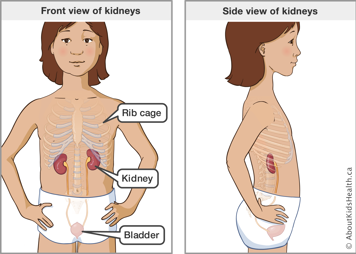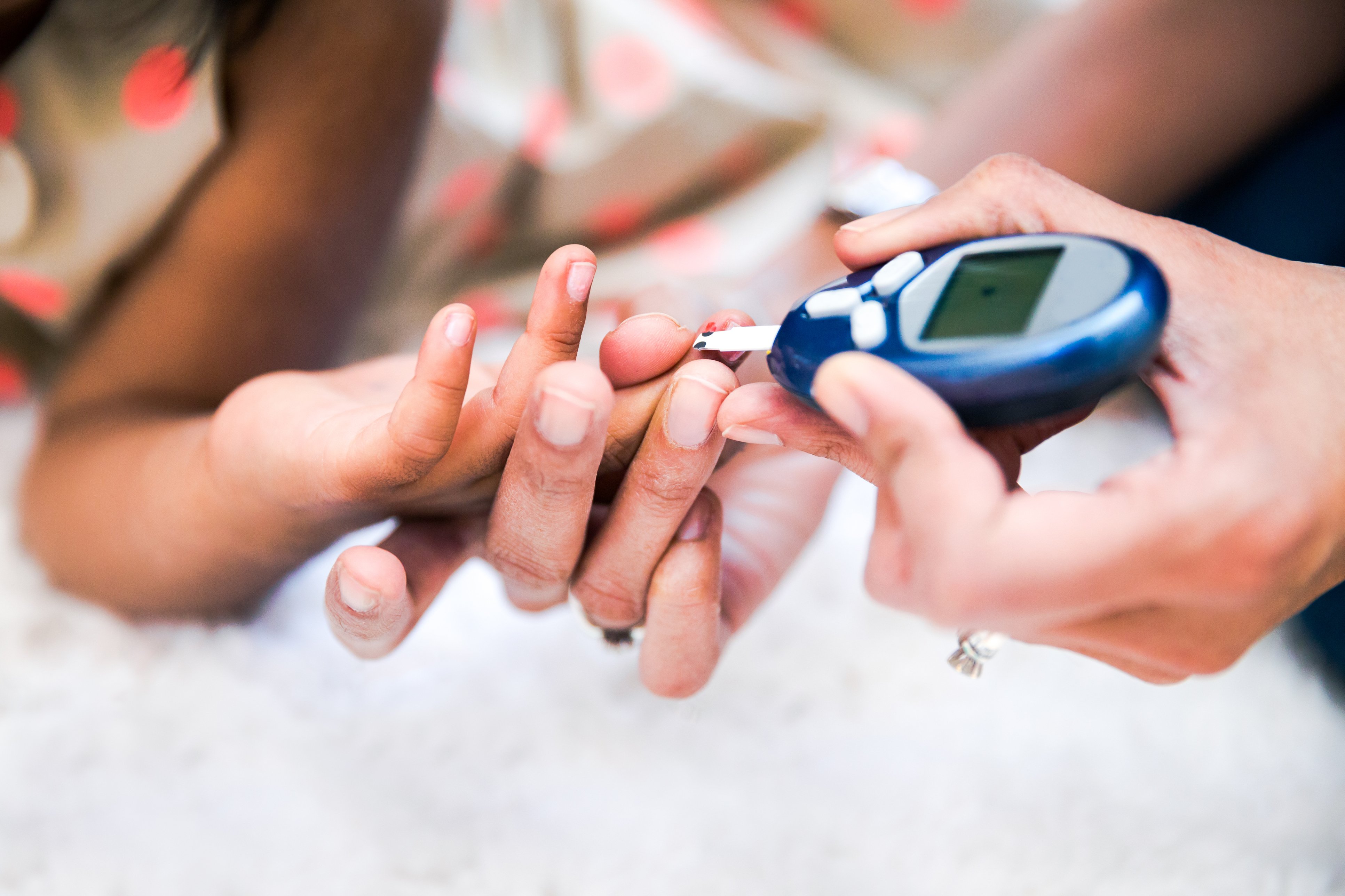The kidneys are the body’s filtering system. Blood flows through the blood vessels of the kidneys, where toxins and waste go from the blood to the urine. People with diabetes are at a higher risk for kidney disease as high blood glucose (sugar) levels and high blood pressure can damage the kidneys over time. This damage results in the kidneys being unable to properly filter the blood. Kidney damage due to diabetes is called diabetic nephropathy.

What is diabetic nephropathy
Not every person with diabetes will develop diabetic nephropathy. Diabetic nephropathy rarely occurs before puberty, if it happens at all. Poor blood (glucose) sugar control, high blood pressure and smoking increase the risk of developing kidney damage.
Diabetic nephropathy develops slowly and quietly. No signs or symptoms will show until serious kidney damage has happened. Signs and symptoms may include:
- higher blood pressure than usual
- puffy/swollen ankles due to water retention (edema)
- too much protein in the urine (proteinuria).
Diabetic nephropathy does not increase risk of kidney or bladder infection.
Diagnosis of diabetes-related kidney damage
At first, very small amounts of protein are present in the urine. A urine sample can be checked for protein. Your doctor may also want to collect urine over a 24-hour period. The protein that your diabetes team looks for is called albumin. A very small amount of albumin in the urine is called microalbuminuria. If kidney disease worsens, the amount of albumin in the urine increases.
Treatment of diabetes-related kidney damage
The following can help prevent kidney damage or slow its progression significantly:
- Excellent blood sugar control
- Medication (ask your diabetes team for details)
- Good blood pressure control
It is very important to screen for kidney damage and treat when present. If diabetic nephropathy is left untreated, they may develop kidney failure. In this condition, the person needs dialysis or a kidney transplant.
